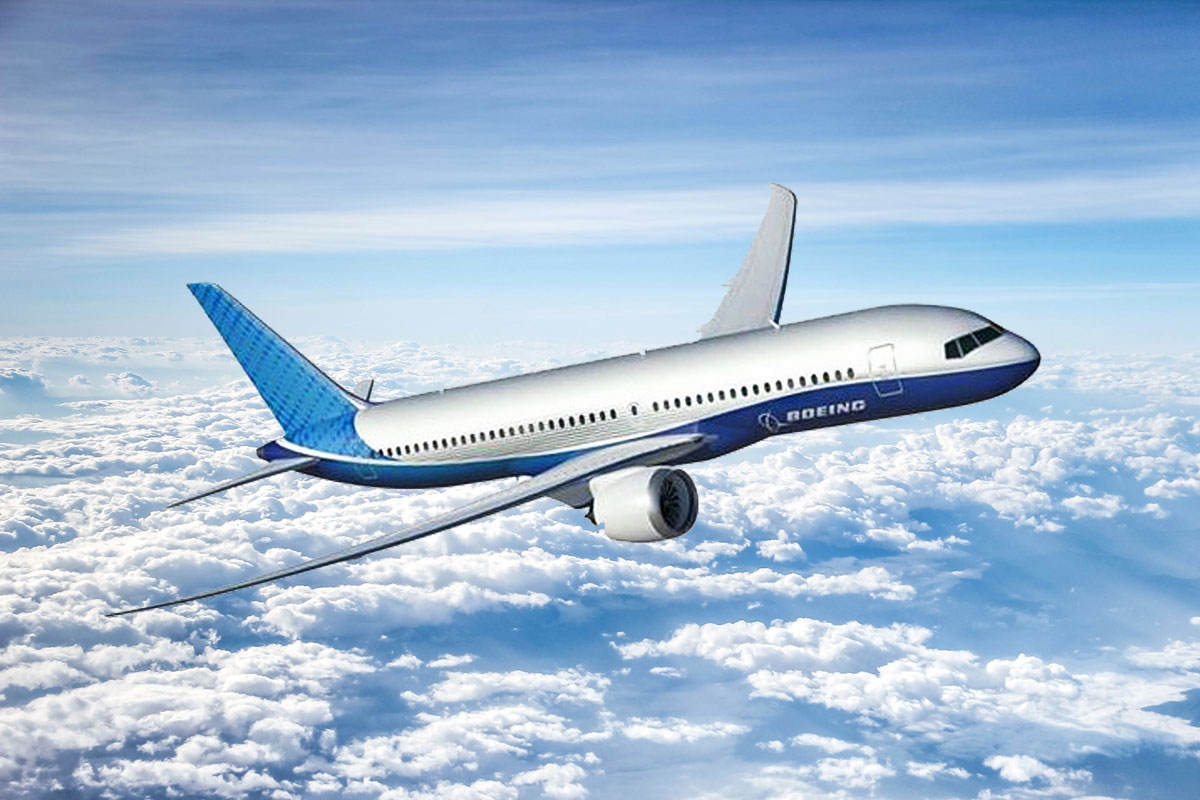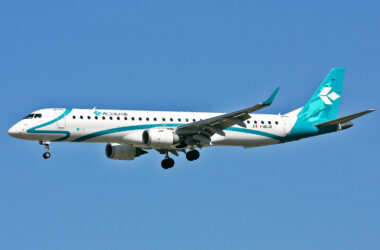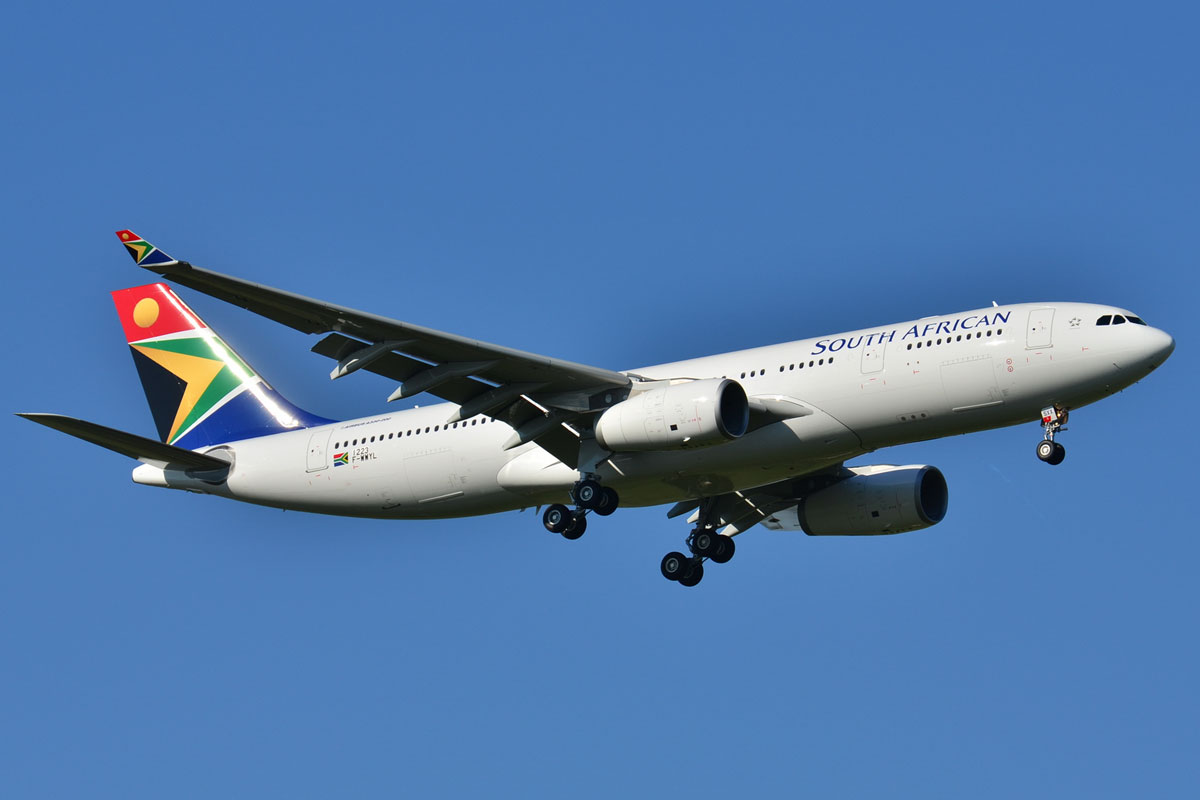Boeing announced that it has reached a tentative agreement with unions representing about 33,000 of its employees who work in the Puget Sound region of Washington state, where its Everett and Renton plants are located.
The offer includes a 25% wage increase, broader benefits such as lower health care costs and a commitment that Boeing’s next commercial jet will be built in the region.
“The Company commits that with respect to the new commercial airplane model and all derivatives during the life of the program: final assembly, wing fabrication and assembly, major components (fabrication, interiors and wires), fabrication of parts and subassemblies, and delivery operations will be placed and maintained within the Union’s jurisdiction in Puget Sound and Portland,” the text of the agreement states.
Boeing notes, however, that this will only be possible if the board of directors decides to launch the program within four years.
Follow Air Data News: WhatsApp | Google News | Instagram | LinkedIn | Twitter | Facebook

The promise means that the planemaker is giving up producing the future aircraft in South Carolina, a factory that concentrates the assembly of the 787 Dreamliner and that has lower labor costs.
For several years, Boeing has been studying a new narrow-body airplane capable of competing with the successful Airbus A320, but the costs involved in the project and the changes caused by emissions reduction goals make the decision difficult.
Strike risk
The tentative agreement with IAM union Districts 751 and W24 comes four days before a vote on a possible strike starting September 13.
If the 33,000 workers do not accept the proposal, factories that produce aircraft such as the 737 MAX, P-8 Poseidon, 767 and 777 will shut down, further complicating the company’s production problems.
Critics of the proposal said the vote would be a “set-up” since the preliminary agreement was reached at the last minute, providing little time to assess the conditions.

The promise to produce the next plane in the region was also considered “empty” since the project could be launched after the labor agreement expires.
The 25% increase was also criticized for not making up for wage losses over the past 10 years.
The strike threat comes at a delicate time for Boeing, which is seeing its losses increase as financial market analysts predict that the company will have to raise $30 billion to develop a new aircraft.
The company’s shares have lost more than 38% of their value this year.






